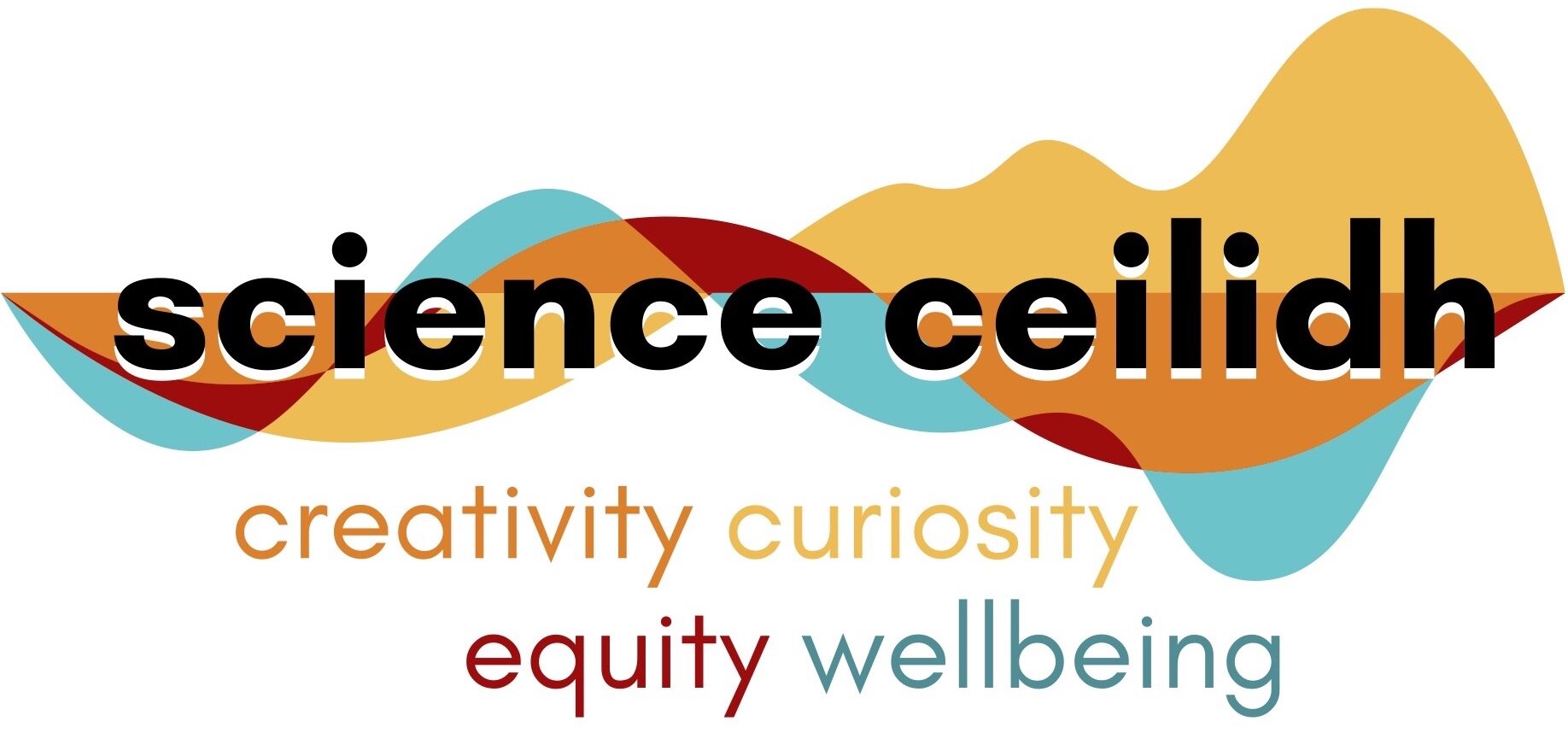HICCCN training - Burn Out Prevention & Recovery for Climate Activists
Description
This training session covered the issue of burnout within the contexts of the third sector and climate change action specifically. It covered some theories of burnout, how our nervous systems work, how and why it happens, how we can notice it and what we can do about it. With a mix of peer to peer support opportunities, theory, testimonies from lived experience and practical exercises in how to build resilience, this training illustrated how working in a sustainable way is part of building a sustainable world.
Training providers
The rest of activism
The Rest of Activism is a burnout prevention and recovery programme supporting world healers and changers. With a focus on the climate crisis, but now open to all justice-focused activists, it offers bespoke training, online self-guided courses, weekly newsletters, and network meetings.
Jo Musker-Sherwood
Hi, I’m Jo Musker-Sherwood and for six years I directed a small campaign to become one of the UK’s fastest growing climate charities influencing at all levels of government.
I loved it. Whenever I felt anxious about climate change, I turned up to my work feeling good that I could make a difference. Until, I didn’t anymore.
I worked more and more, but felt less and less satisfied. Funding pressures took a grip, emails mounted up, I never switched off. As I watched climate impacts continue to unfold across the world, I became jaded, cynical, hopeless. Then my body started talking to me. Before long, I was so burned out I couldn’t work and I found myself in and out of hospital with symptoms that doctors couldn’t get to the bottom of.
Work had been my antidote to my climate anxiety, and when I couldn’t do that anymore, I fell apart.
This is the heavier side of environmental work. And whilst my example is a pretty extreme one, it can affect anyone trying to do something good in the world.
But here I am, on the other side, with both my wellbeing and deep sense of purpose restored. Sure, I still grieve, get angry, have moments of despair. But it no longer immobilises me or takes away my joy. In fact, I have come to see it as a necessary part of it.
I now research resilience strategies for climate activists whilst writing, mentoring, and consulting for many of the UK's most influential environmental NGOs. You can find out more about my offerings below, and subscribe to my weekly mailings for free resilience strategies.



